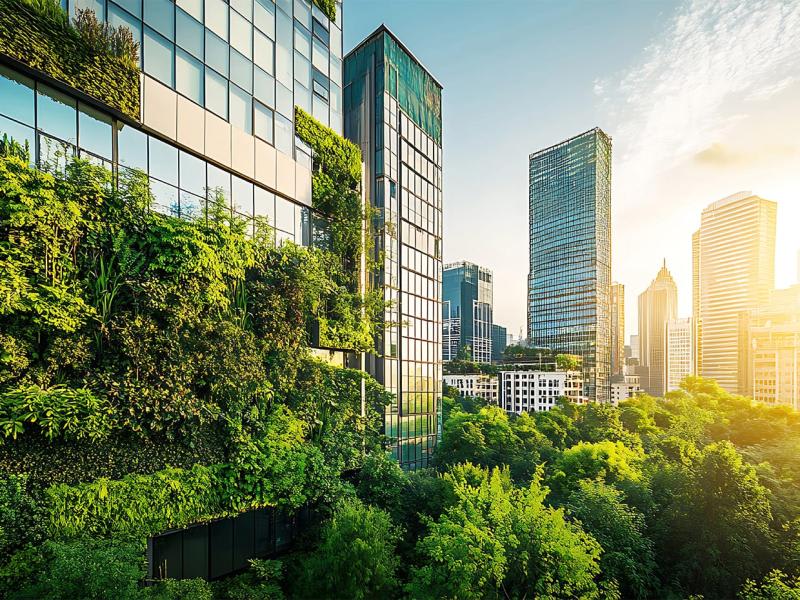On the 17 June 2024, the Nature Restoration Law (NRL) was formally adopted by the European Union Member States, the EU Council gave its final green light. This unprecedented regulation aims at restoring 20% of the EU’s degraded land and sea areas by 2030, and all ecosystems in need by 2050.
What is the Nature Restoration Law?
The NRL builds on the EU international commitment made in 2022 at the COP15, the Global Convention on Biological Diversity, a pledge to protect and restore 30% of the world’s degraded ecosystems by 2030.
It is the first-ever law setting legally binding restoration targets and obligations for:
- Degraded land and sea habitats,
- Pollinators,
- Agricultural ecosystems,
- Urban areas,
- Rivers and floodplains,
- Forests.
With an alarming 80% of degraded land and sea in Europe, measures must be taken rapidly and at a large scale. Tackling biodiversity loss together with climate change is a cornerstone in achieving the EU Green Deal goals.
Besides meeting international commitments, the NRL will secure key ecosystem services such as the ability of nature to clean our air and water, pollinate crops, reduce natural disasters and enhance food security and human wellbeing.
How will Member States achieve this objective?
Within two years, each EU country will have to submit their National Restoration Plan, detailing how the targets will be achieved based on their national context, up to 2050. The prioritisation will be made on protected areas that are part of the Natura 2000 network, which covers the most threatened habitats and species across Europe.
The measures are expected to be aligned with other relevant legislation on nature protection, such as the EU Birds and Habitats Directives. Member states will also have to contribute to the planting of 3 billion trees by 2030.
An indispensable opportunity
This historic advancement is crucial for humanity’s future. The profound transformation that the NRL brings along is absolutely necessary in a context where climate change effects are felt worldwide. The benefits are contributing positively to the climate and nature crisis, but it is also a financial opportunity not to miss out, as more than 50% of global GDP relies on materials and services that are delivered by ecosystems. Additionally, for every €1 invested into nature restoration, €4 is added to €38 in benefits (EU Commission).
As business leaders, it is the right moment to take this opportunity to better understand how your activities depend on nature, which positive or negative impacts you may have and most importantly, which mitigation strategies you should adopt.







